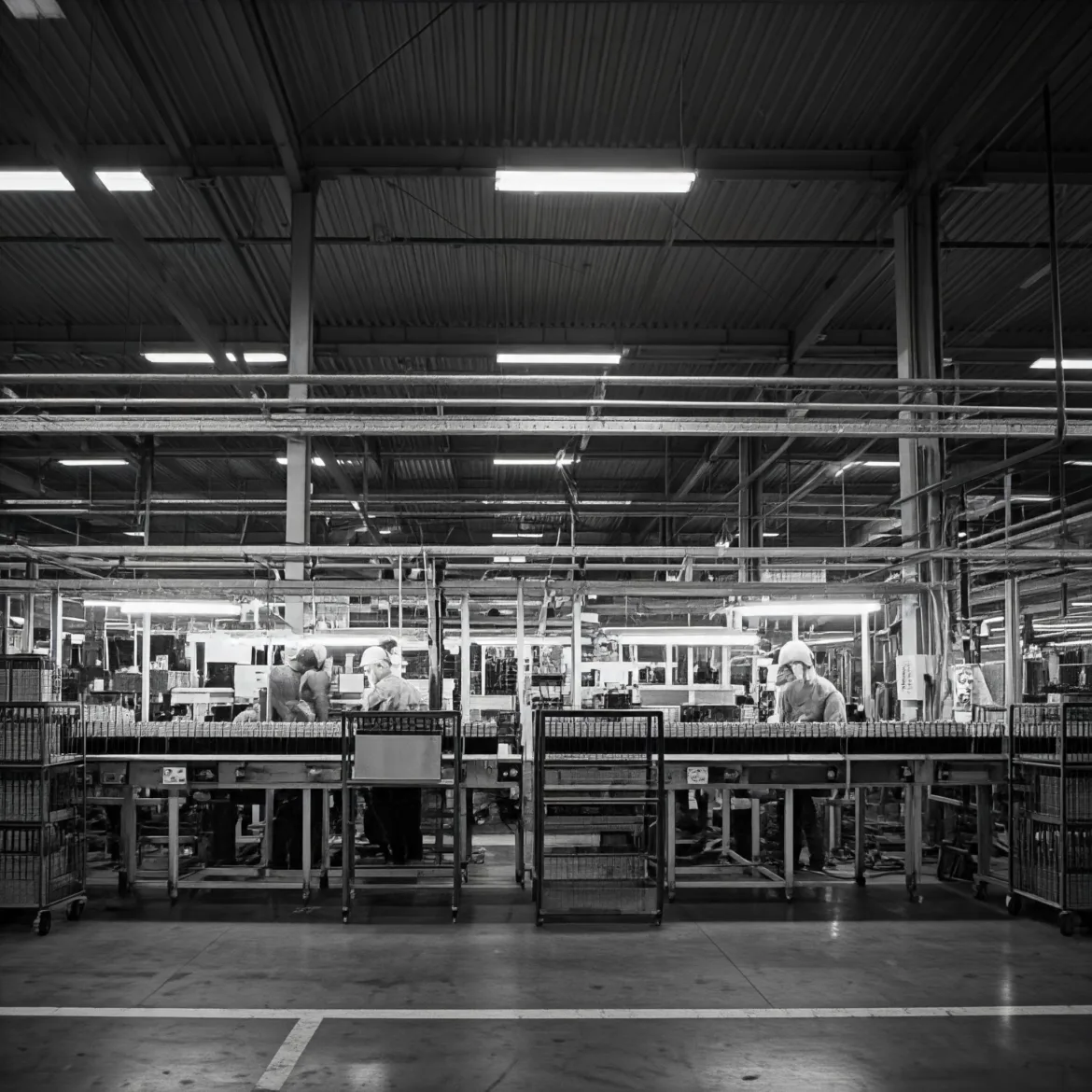The global demand for lithium-ion batteries is skyrocketing, driven by the growing electric vehicle market and renewable energy storage needs. This presents a significant opportunity for India to emerge as a key player in the global battery supply chain. To seize this moment, India must develop the capability not only to meet its own domestic battery demands but also to cater to international markets. By positioning itself as a leading exporter, India can tap into this booming sector, boost its economy, and strengthen its global influence in the clean energy transition. To position itself as a leading exporter of batteries in the next five years, India should focus on the following unique strategies.
Develop a Robust Supply Chain
To become a major exporter of lithium-ion batteries, India must focus on building strategic partnerships with lithium-rich countries like Bolivia. By negotiating bilateral agreements, India can secure a steady supply of lithium and cobalt, which are essential for battery production. Joint ventures with local Bolivian firms can also enhance mining capabilities, ensuring a reliable supply chain. Furthermore, investing in Bolivia’s mining infrastructure and engaging in collaborative research on extraction and processing methods will strengthen India’s position. However, challenges such as Bolivia’s slow sector development and political uncertainties must be considered when forming these partnerships.
Invest in Advancements to Manufacturing Tech
For India to become a global leader in lithium-ion battery production, investing in cutting-edge manufacturing technology is crucial. Enhancing production processes through advancements like dry processing and improved material synthesis can boost both cell performance and sustainability. Optimizing these techniques is essential, especially to lower the high costs associated with battery production. Building indigenous manufacturing facilities is key to meeting the projected demand, which is rapidly growing in both the electric vehicle and energy storage sectors. Additionally, adopting advanced data analytics and process metrology will improve efficiency while minimizing environmental impact. However, India still faces challenges such as reliance on imported lithium and the need for further technological advancements.
Enhance Research and Development
For India to become a major exporter of lithium-ion batteries, it must significantly enhance its research and development (R&D) capabilities. This involves creating dedicated research centers focused on emerging battery technologies, particularly solid-state batteries and alternative chemistries such as sodium, potassium, and magnesium-ion systems, which are more abundant and environmentally friendly. Developing high-performance solid-state electrolytes is also crucial, as they improve both safety and energy density compared to traditional liquid systems. Collaboration among academia, industry, and funding agencies is vital to overcome technical challenges like interfacial resistance and mechanical stability in these new battery technologies. Additionally, establishing scalable manufacturing processes is key to bringing these innovations from research labs to real-world applications. While solid-state batteries offer significant potential, continued exploration of diverse chemistries is necessary to ensure sustainability and position India as a global leader in the battery market.
Follow us on Linkedin:Battery News
Strengthen Quality Control Measures
To make India a global exporter of lithium-ion batteries, establishing international quality standards is essential. This requires a comprehensive approach that includes developing standardized testing protocols and world-class testing facilities to ensure product safety and reliability. International standards for electric vehicle (EV) batteries should cover tests for normal operation, aging, and safety under various conditions, with continuous updates to match technological advancements. World-class testing facilities must perform rigorous safety tests, such as thermal and short-circuit assessments, to evaluate battery performance under extreme conditions.
Additionally, dynamic discharge tests can further minimize risks like battery fires. Ensuring quality in manufacturing is equally important, requiring stringent quality assurance processes that monitor raw material purity and component integrity. Advanced analytical techniques, both in-line and off-line, are vital for maintaining consistency and preventing defects. However, challenges such as achieving global consensus on testing standards and variability in manufacturing processes must be addressed to ensure long-term success in the global battery market.
Promote Sustainable Manufacturing Processes
To promote sustainable manufacturing in lithium-ion battery (LIB) production, India must focus on recycling, material optimization, and process efficiency. Direct recycling techniques, such as water electrolysis-induced gas separation, can recover up to 99.5% of materials with minimal energy consumption, reducing waste and allowing for the reuse of electrode materials. Additionally, innovations in manufacturing processes, like dry electrode production and the use of water-based binders, significantly lower energy consumption and improve recyclability. A holistic approach, integrating material optimization, extended cell life, and design for recyclability, ensures environmental sustainability throughout the production process. While promising, scaling these technologies remains a challenge for economic viability.
Conclusion
India stands at a pivotal moment in the global lithium-ion battery market, with a growing demand offering immense opportunities. To establish itself as a key exporter, India must focus on building a robust supply chain, investing in advanced manufacturing technologies, and enhancing research and development. Strengthening quality control measures and promoting sustainable manufacturing processes will further solidify India’s position in this competitive market. While challenges remain, these strategic steps will enable India to not only meet its own needs but also emerge as a global leader in battery production, contributing to the clean energy revolution worldwide.


Leave a Reply